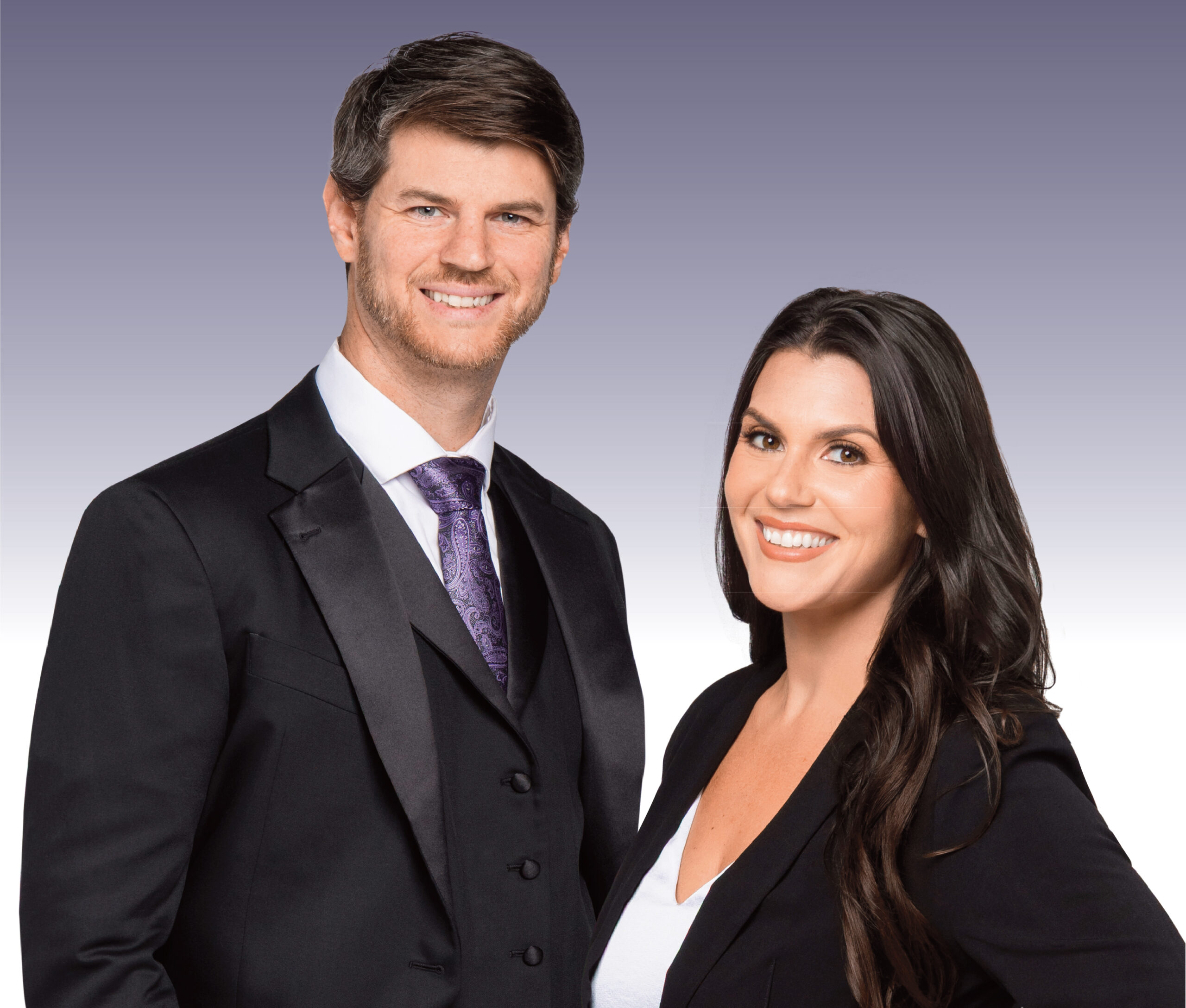Inferior vena cava (IVC) filters are small, basket-like devices that are implanted into the inferior vena cava of patients at risk of developing life-threatening blood clots. Purported as an effective form of prevention for blood clots, IVC filters are not without their own risks. Studies have shown these filters commonly fracture, perforate or migrate to the heart and lungs, often causing the effects they are meant to prevent. Poorly designed and inadequately researched IVC filters are particularly prone to malfunction, a reality of which the IVC filter manufacturer C.R. Bard is well aware.
With about 6,000 product liability lawsuits currently pending in a Federal Multi-District Litigation (MDL) in the District of Arizona and over two years’ worth of litigation in pretrial proceedings, Bard continues to seek immunity through a successful defense. Most recently, Bard sought the dismissal of thousands of cases by filing a motion for summary judgment, pinning the FDA’s 510(k) “fast-track” approval process as the basis for its defense. Bard asserted that any state court failure-to-warn claim be deemed illegitimate and barred from further consideration because the manufacturer’s filters received federal approval through the fast-track approval process.
On November 22, 2017, Bard’s motion was denied by U.S. District Judge David G. Campbell, and as a result, all pending cases will proceed. Judge Campbell’s decision weighed on the fact that federal preemption as a defense is only valid when a device has successfully passed through the stages of premarket approval. Because Bard’s filters had not passed the stringent premarket approval testing, its preemption claim was invalid.
In previous rulings on preemption defenses, the U.S. Supreme Court determined the necessary requirements in order for preemption to be met. Despite additional FDA mandates that were met by Bard, there remains a failure to meet the criteria for preemption. Therefore, Bard remains subject to state label warning requirements. Consequently, Judge Campbell ruled Bard’s preemption defense meritless.
With such a large number of pending lawsuits against Bard it is presumed that certain evidence and testimony will be repeated throughout pending trials. In an attempt to ascertain a general idea of how juries may respond to the evidence and testimony, Judge Campbell has developed a bellwether trial plan. Bellwether trials are scheduled early in the litigation process and are meant to represent the majority of plaintiffs’ cases. The outcome of these trials may have important implications for hundreds of potential IVC filter settlements. Similar to Bard, Cook Medical and Cordis Corporation are IVC filter manufacturers facing hundreds of IVC filter lawsuits, a handful of which were set to begin a series of bellwether trials in October 2017.
For more information on IVC Filter Lawsuits Going To Trial, a free initial consultation is your next best step. Get the information and legal answers you are seeking by calling (800) 835-5762 today.

FREE CONSULTATION 1-800-TELLROBERT
954-456-2488